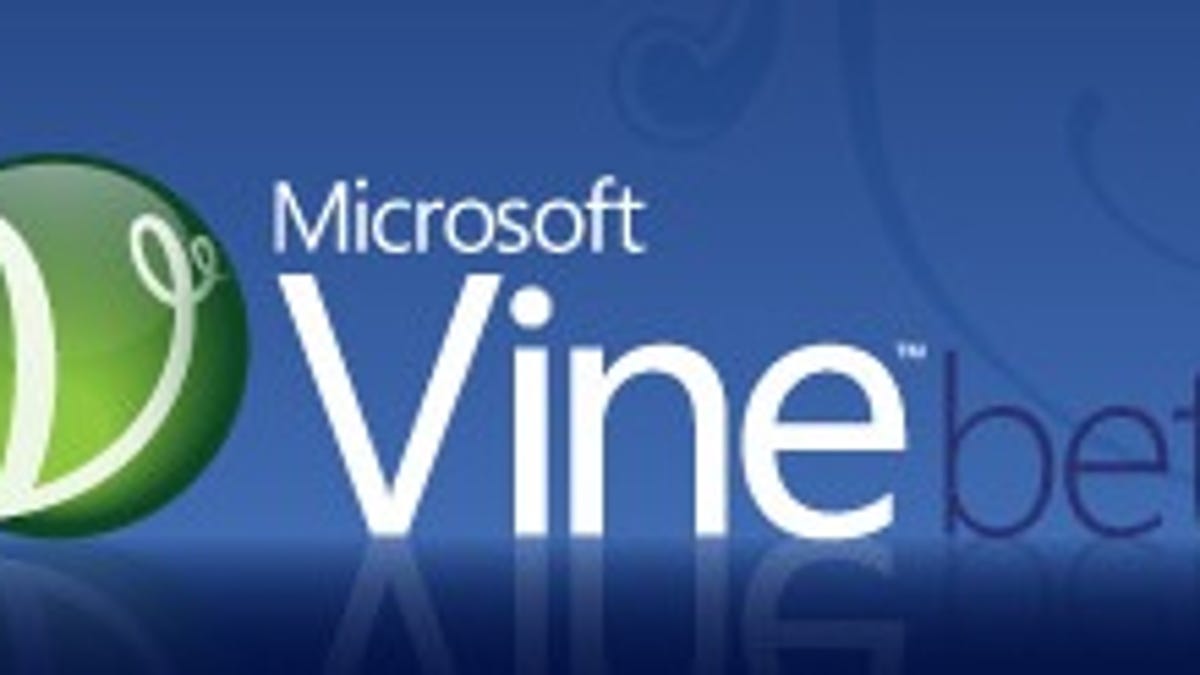Meet Vine, Microsoft's superhero software
Using the same "check-in" philosophy that services like Loopt and Dodgeball pioneered, Microsoft hopes to make a difference in community organizing and emergency preparedness.

With a new product called Vine, Microsoft is tackling the issue that, in the Digital Age, contact management is no longer static--where you are and what you're doing at a given moment can matter just as much as what your cell phone number is. But instead of focusing on roving business travelers, Vine's slant is community management and emergency preparedness. It's in a private beta test right now.
Here's how it works. You download a "dashboard" application, and then you log in with your Windows Live account. Its interface takes the form of a map, where geo-tagged notifications pop up if a news story or public safety announcement--sourced from 20,000 news sources as well as the National Oceanic and Atmospheric Administration (NOAA)--happens in a specific location. (You can set preferences to only display stories from locations and areas of interest that you care about.)
Your contacts are also listed on the dashboard, where you can check out alerts that they've sent you or even just keep tabs on their Facebook status messages. "Alerts" pop up like instant messages (or text messages, as you can opt to get them on your cell phone). You can also "check in" to let your neighbors know you're at home safe if, say, there's a tornado on the rampage outside, or if you're out of town.
Existing real-time, find-who's-where applications typically have a nightlife slant, like Buzzd and Foursquare. But Microsoft hopes that the same tools of convening can be used to organize community activities and stay in touch in the event of an emergency.
The company has unveiled the product in its home city of Seattle, and, according to the Seattle Times, plans to beta-test it there in addition to a rural Midwestern town and an "isolated island community," which makes the whole thing sound just a little bit Dharma Initiative. Just a little.
All joking aside, the Web's biggest players are gunning for a way to appropriately harness social media for emergency preparedness. Google's nonprofit Google.org arm has launched a project called Innovative Support to Emergencies, Diseases and Disaster (InSTEDD) with similar goals, and Google has invested $5 million in it. InSTEDD does not have a live software product yet, but organizers have said that it plans to use, among other things, a mash-up of SMS alerts and the Google Earth mapping application.

